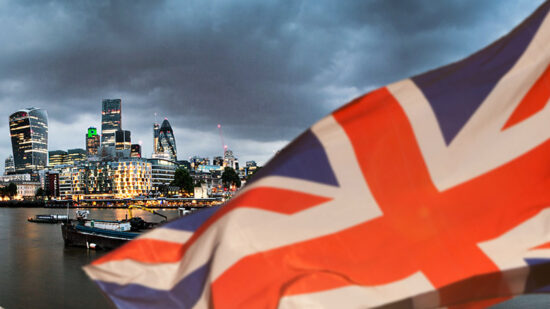So say the tax experts at PKF (UK), who specialise in this area, and who are attempting to draw attention to what they say is an under-appreciated danger lurking in the agreement – its application to such individuals as non-doms living in the UK, for example, who may not realise they are affected by it.
Under the new agreement, unless a Swiss account holder has authorised his or her bank to disclose their details to HM Revenue & Customs, a withholding tax of between 21% and 41% of the total value of the Swiss account as it stood as of 31 Dec 2010 will be levied against them, beginning at the end of May, 2013.
This, PKF points out, will make the money deemed “cleared” for tax purposes, although HMRC may still investigate, and “charge tax and penalties in the normal way if funds were withdrawn from the accounts between 2003 and 2010 – even if only to pay banking fees", it says, in an alert aimed at raising awareness of the situation.
What’s more, says John Cassidy, tax investigations and disputes resolution partner at PKF, adds, because UK-based individuals who have not already started the process of putting things right with HMRC face an automatic deduction from their Swiss funds on 31 May, “individuals cannot simply withdraw the funds from their Swiss accounts before the end of May to avoid this withholding tax”.
Cassidy and others at PKF say individuals often assume, erroneously, that because they do not have tax obligations to a particular jurisdiction – for example, because they enjoy non-dom status in the jurisdiction in which they live – they are safe from regulations that ultimately will force them to pay up, and often, involve them paying more than they would have had to if they had come forward earlier.
“Non-UK domiciled individuals can opt out of the withholding tax regime, on the basis that they did not make remittances of income or gains to the UK – but they must contact their Swiss bank and provide appropriate evidence,” Cassidy says.
“However, such individuals must think carefully before doing so. If the opt-out is found to be incorrect – for example, if remittances have been made but not declared on UK tax returns – HMRC will levy increased penalties of up to 150% and may also prosecute.
“As a result, a thorough review of the inidividual’s Swiss affairs is essential before the decision to opt out is made.”
As reported, the UK and Swiss governments signed the agreement in October 2011, under which the British tax authorities are for the first time able to tax the income of assets held in Swiss financial institutions by British residents, without the identities of the account-holders being disclosed. The unusual arrangement withstood several challenges, including a call for a referendum to be held in Switzerland.
Austria signed a similar deal with Switzerland, but the German Parliament rejected a German version, because of objections over the preservation of the account holders’ anonymity.
To see a factsheet spelling out the details of the agreement, which was posted at the end of last year by HMRC on its website, click here.








